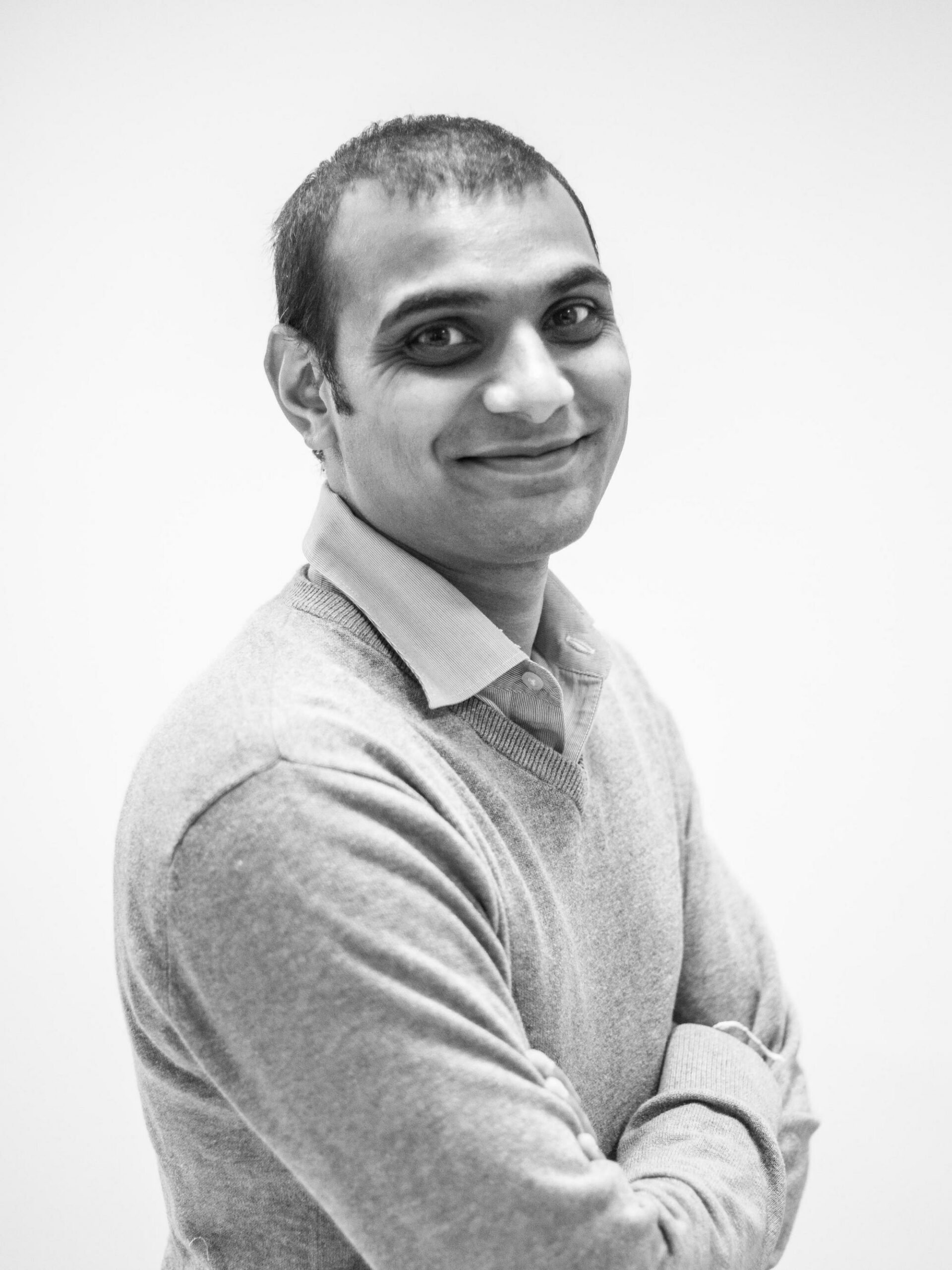Manish Patel of Jiva.ai.
Tell us about yourself?
My early academic career coincided with the completion of the human genome project and so I pursued the natural path of progression into bioinformatics and systems biology where I invented the seed of what is now the algorithmic fundamentals of what we use in Jiva. At doctoral level I explored the requirement for model integration in simulations of cancer – the idea that models that represent different parts of a system need to be integrated together to create bigger, better and more predictive simulations. I have spent almost 10 years in investment banks and hedge funds building complex data systems, coding fast algorithmic trading engines and managing large international teams of developers. I am also a determined entrepreneur, having started two other tech startups in hospitality and software engineering, as well as joining a medical device startup as CTO before starting up Jiva in 2019. As CEO I am responsible for executing the core vision and mission of Jiva – one that will see the democratisation of multimodal AI systems in healthcare and beyond. I am proud to be leading such a capable team through these development and product stages and steering the company towards commercial viability.
What do you think is the single biggest misconception people have when it comes to startups?
That it’s somehow an easier life than working for a big corporate. You hear more about the success stories in media – which are by far in the minority – than the bruised and battered “failures”, and the mental energy it takes to trudge through the mud.
If you could go back in time to any moment from your journey, and give yourself one tip, what would it be?
Build a board and advisors much earlier in the process, and start funding with them alonside early. The morest important thing in the early stages is not your idea or product (you haven’t even built it yet), it’s about having the right people around you.
What makes you stand out as an entrepreneur?
I have failed repeatedly and learned from my mistakes – I say that as someone who comes from a deep tech background and who wanted to just code and not do anything else; I’ve gone from CTO of the business to CEO, and that was a very steep learning curve. I’ve learned to build and lead a business by the wisdom of the people around me and the mistakes I have made (and continue to make!)
What are some of the best working habits you’ve gained over the past couple of years?
Working effectively from home and dealing with the fact that most people in this industry prefer it to being in the office. The self-disclipline to keep working on your things without distraction is probably the single most important asset we’ve all picked up during the pandemic.
Give us a bit of an insight into the influences behind the company?
As founders we have within the bounds of our lived experience – healthcare, with its great up-sides and considerable technical down-sides, finance (banking, hedge funds) as well as pan-industry deep tech. We built the company with the recognition that really practical AI – the types that pass regulatory processes and become medical devices, for example – is not well understood and is a power held in the hands of relatively few engineers. We wanted to make access to that level of technology available to everyone, especially since life sciences became so important during the pandemic. Not only this though. The fact that, until very recently, no one was talking about multimodal AI was a massive opportunity. The ability to build AIs that could merge with other AIs (i.e. how our own brains merge data together) seemed to us a fundamental problem that needed to be fixed. So we did it.
Where do you see your business in five years?
Jiva will be the go-to technology for any business that is generating data (that can be mined for value), or has a data warehouse of some kind. Since we’re SaaS and a tool set, we see ourselves becoming as ingrained as spreadsheets and word processing is in current business.
What do you think the biggest challenge will be for you in getting there?
Worldwide and pan-industry adoption, and trust, of AI-based technology. This requires mass education beyond sensationalist headlines.
Talk to us about your biggest success story so far?
We have assembled a superstar team, attracted by the vision and working for the cause. That by itself is the company’s biggest success. As a small company though we punch way above our weight.
How do clients and customers find you? Are you much of a salesperson for yourself?
I’m not a great closer in the sales process but getting people bought into the vision is very much my remit. I think customers like our personal touch, the fact that we try to understand their business and how we differ from AI consultancies where there is always an issue of who owns the IP. Jiva does not generally want any IP rights – you can liken the situation to how Microsoft would not want to retain the IP of anything you write in MS Word. When customers hear this, it is very well recieved.
What one tip would you give to fellow startup founders?
Network like crazy. Find the right people and put them around you. When you find any one of them is toxic, cut the thread.
And finally, what do you hope the future brings both you personally, and your business?
The opportunity to make a positive difference in society – large or small, it doesn’t really matter.



